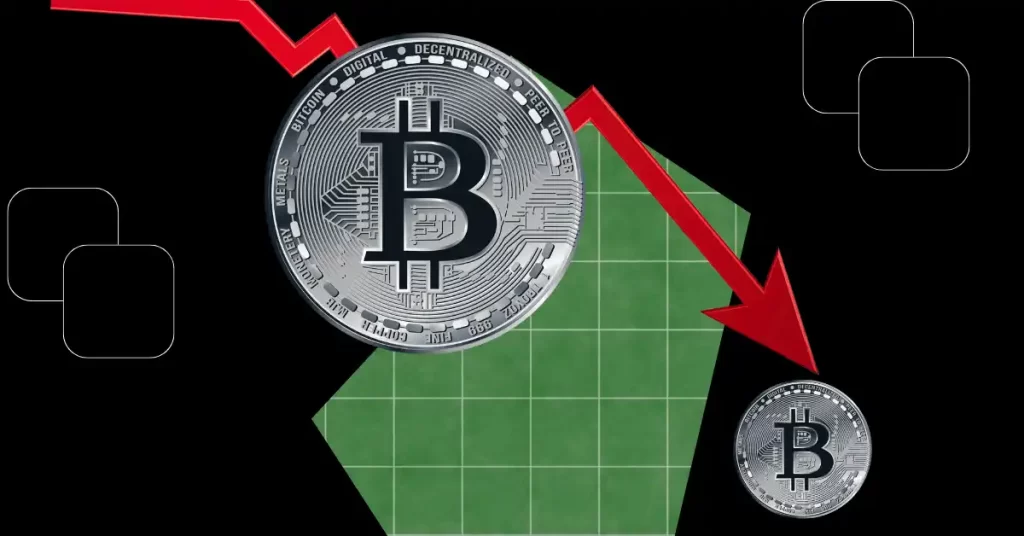IRS Introduces Draft Form for Digital Asset Reporting
The U.S. Internal Revenue Service (IRS) has released a draft version of Form 1099-DA, designated for the reporting of digital asset transactions.
This new form, intended to be implemented in 2025 for reporting activities of 2026, marks a pivotal development in the taxation of digital assets such as cryptocurrencies, nonfungible tokens (NFTs), and stablecoins. The form is part of an ongoing effort to enhance the clarity and enforcement of tax obligations stemming from digital asset transactions.
Brokers, including kiosk operators, digital asset payment processors, and both hosted and unhosted wallet providers, will prepare Form 1099-DA for each customer who sells or exchanges digital assets. This initiative aims to streamline the process of capturing necessary data such as token codes, wallet addresses, and transaction locations on blockchains for tax purposes.
Reporting Requirements and Industry Reactions
The introduction of Form 1099-DA is expected to address the IRS’s challenges in tracking the taxable events associated with digital assets, which are inherently difficult to trace compared to traditional financial products. The draft form requires brokers to report not only the proceeds from digital asset transactions but also, in some cases, the basis for these transactions. This is essential for taxpayers to calculate potential capital gains or losses.
The proposed rules have drawn significant attention and varying reactions from the cryptocurrency community. Industry leaders like Coinbase’s chief legal officer, Paul Grewal, have expressed concerns over privacy and the extensive scope of reporting that could affect even minimal transactions, such as buying a coffee with digital currency. These sentiments echo broader worries about the potential for invasive surveillance and the administrative burden on brokers who handle a large volume of transactions.
Challenges and Operational Concerns
Among the notable challenges highlighted by tax experts is the issue of decentralized finance (DeFi) platforms, where there is often no intermediary to facilitate reporting. This scenario could complicate compliance with the IRS’s requirements and increase the administrative load on entities that engage in reporting.
The inclusion of "unhosted wallet provider" in today's draft broker form indicates that the IRS is not heeding our warnings from last fall (when the broker NPRM was open for comment). Continuing down this road will lead to tax policies that are contradictory to the statute passed… https://t.co/7biKN7rPEY pic.twitter.com/IyQ1Tryn8V
— Peter Van Valkenburgh (@valkenburgh) April 19, 2024
Additionally, there is currently no established mechanism for brokers to share information that would help determine the cost basis of transferred digital assets accurately. This lack of infrastructure raises questions about how brokers will differentiate between taxable events and non-taxable self-transfers of assets across platforms.
The draft Form 1099-DA also includes checkboxes that identify the nature of the broker’s role, whether as a payment processor, kiosk operator, or wallet provider. This classification is crucial for the IRS to understand the diverse functions and responsibilities of different entities within the digital asset ecosystem.
The post IRS Introduces Draft Form for Digital Asset Reporting appeared first on Coinfomania.





